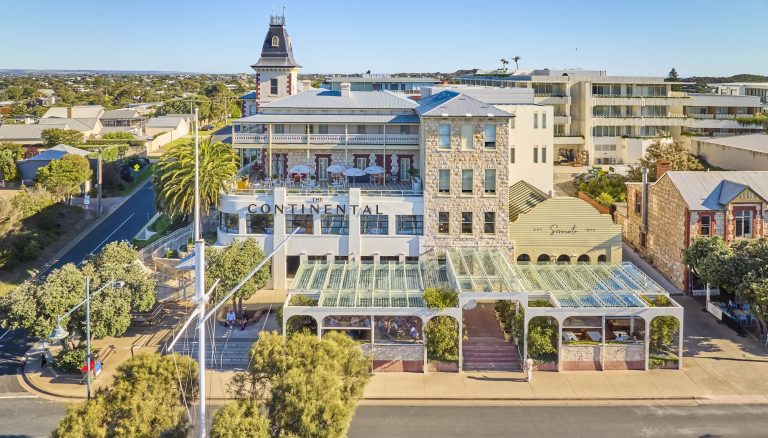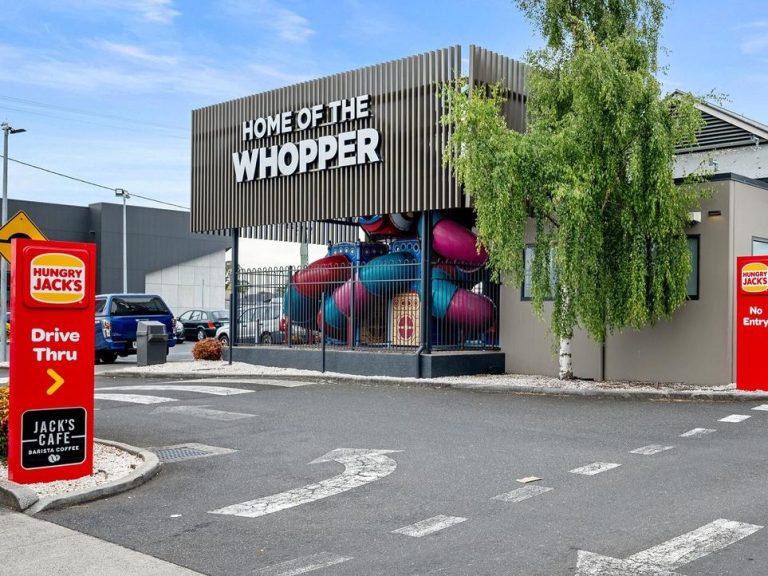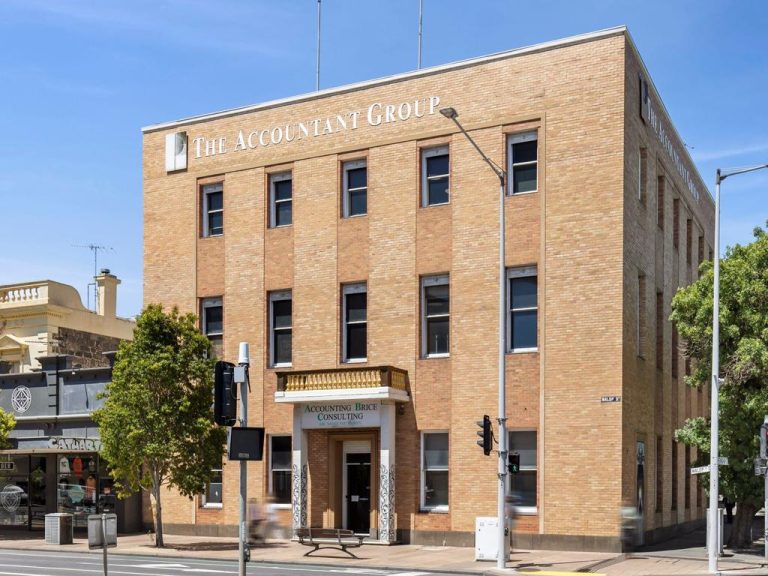How does commercial property investment work?

Commercial investment properties range from your traditional high street dress shop to service stations, office blocks and warehouses: essentially any non-residential property that makes a profit.
They offer steady income from long-term leases, but are not without their drawbacks.
A long-term investment requiring a sizable deposit, a shrewd investor will look at the money-making potential not just today, but 10 to 20 years into the future.
How does commercial property investment differ from residential?
The main difference is why you are buying one over the other.
Paul Glossop, managing director of Sydney-based Pure Property Investment, says the key driver behind commercial investments is cashflow, which is sizable – up to three times that for a residential property.
For instance, a typical commercial property investment attracts a 5-10% net return compared to 2-5% for a housing tenancy. A residential property, however, may given you a stronger capital return.

Commercial properties can deliver significantly higher returns than residential.
What are the pros of commercial property investment?
Stability is the big advantage of commercial property investment.
Business operators want their own income security, and generally seek long leases, which equates to steady and reliable income. It also eliminates the headaches associated with short-term residential tenants coming and going.
Business lessees also pay more, delivering strong cashflow, which Glossop says can be double, if not triple, that of a residential investment.
What are the cons of commercial property investment?
A major drawback of a commercial property investmentis the real possibility it will be vacant and the costs associated with that.
Unlike solid residential properties, where vacancy rates are relatively low, it’s not uncommon for commercial sites to be untenanted for over six months, Glossop warns. It’s a long time to be servicing a loan with no income.
Long-term capital growth is also considerably less. If, for example, you were to buy an apartment and a warehouse at the same time, 30 years later, your residential investment would have out-performed your commercial investment by 40% or more.
The third major downfall is the need for a sizable deposit, normally in the range of 25%, however it can be much more. Glossop gives the example of a petrol station in a major metropolitan location where the lender wanted 50% cash up front.

Some properties can be vacant for long periods.
So how does it work, exactly?
Buying a commercial investment propertyis the same process for a residential purchase: find the right property, sort out your finance, settle on the price and complete your paperwork.
There are a few things to look out for though, when choosing your commercial investment, to ensure it’s viable in the long term:
Scarcity and demand
You want to buy the right kind of asset in the right location, to ensure your property will be sought after and therefore attract good rents for many years.
Glossop says he steers its clients away from retail, which has seen rapidly declining margins in recent years, for this very reason.
The market size (your tenant’s potential customer base and therefore potential demand for their offering) will also impact your long-term prospects.
Lenders will also take this into account when evaluating their risk and subsequently how much deposit you will need to pay.

The lease
“The lease is as important as the asset in many cases,” Glossop says. “Understanding who the tenant is, the length of the lease and the inclusions in the lease will all make up the value of the purchase long term.”
Glossop advises researching the existing tenant to make sure they are viable in the long term.
It’s also a good idea to get a lawyer to look over the fine print for inclusions, “make good” clauses, bank guarantees and any agreed annual rent increases.
What are the biggest mistakes rookie commercial property investors make?
“Rookies chase the high yield without understanding that the yield is typically a number that reflects the risk level of the investment,” Glossop says.
He advises to think long-term, rather than focus on what the rental return is today. Ask yourself, what will the demand be for the asset in the next five, 10 or 20 years, and what you can expect to pay out in building costs, like maintenance and renovations?
A buyer’s agent and solicitor can help you weigh up the pros and cons.







